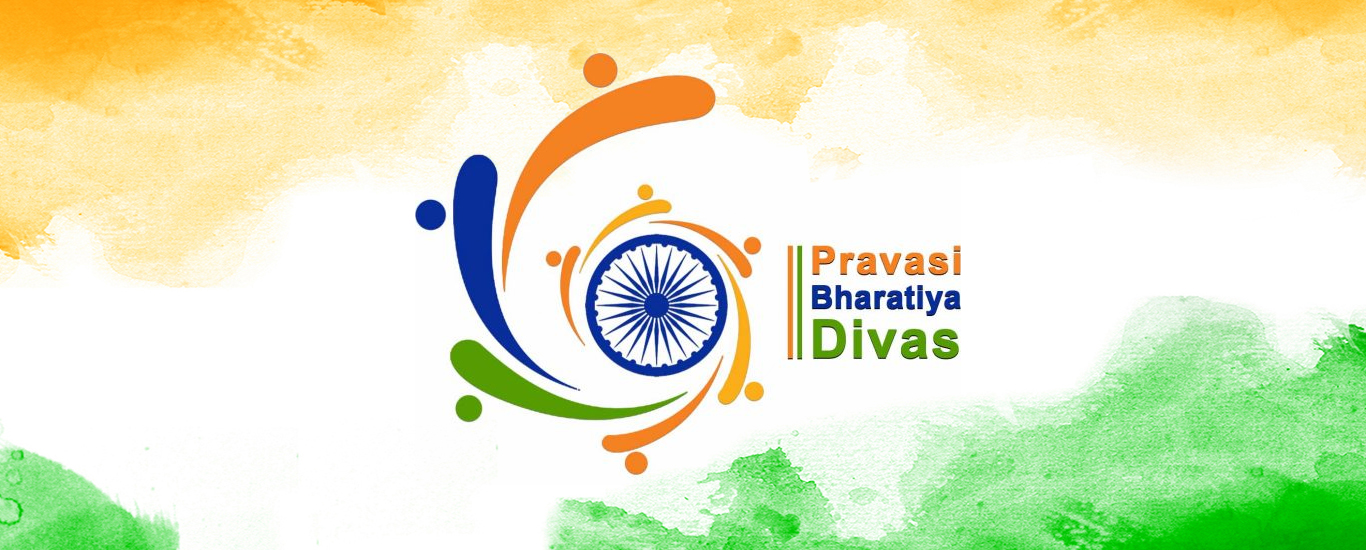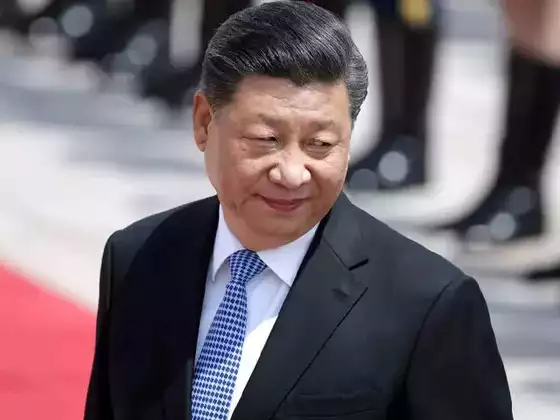Iyengar’s appeal and the outcome of the campaign led by the MIT Coalition Against Apartheid will likely shape ongoing debates about academic freedom, activism, and institutional neutrality in politically charged contexts
An Indian-origin PhD scholar, Prahlad Iyengar, has been suspended by the Massachusetts Institute of Technology (MIT) following the publication of a pro-Palestine essay in the college magazine, reported gujaratsamachar.com.
The essay, titled “On Pacifism,” reportedly included imagery and statements deemed problematic by the institution.
Iyengar, a student in MIT’s Department of Electrical Engineering and Computer Science, faces suspension until January 2026. The administration highlighted that the essay contained images of posters associated with the Popular Front for the Liberation of Palestine (PFLP), which is designated as a terrorist organization by the United States.
-
This incident is part of a broader trend of heightened tensions surrounding pro-Palestine activism on U.S. campuses
-
Earlier this year, another Indian-origin student, Achinthya Shivalingam, was arrested and banned from Princeton University for alleged involvement in pro-Palestine demonstrations
-
Such cases have drawn attention to the challenges faced by student activists navigating free speech and institutional policies
According to MIT’s assessment, the essay also contained “troubling statements” about the use of violence in mid-20th-century anti-colonial movements. Officials stated that these remarks could be construed as advocating for “more violent or destructive forms of protest” on campus.
In response, the MIT Coalition Against Apartheid, a local advocacy group, has rallied behind Iyengar. The group described the suspension as an “unjust sanction” and launched a campaign urging MIT’s administration to reconsider its stance. Iyengar is appealing the decision, with a formal request submitted to the chancellor for revocation or reduction of the penalties.
Eric Lee, Iyengar’s lawyer, issued a statement in November rejecting MIT’s rationale. “While MIT claims that the article ‘could be interpreted as a call for more violent or destructive forms of protest,’ Iyengar neither calls for violence nor suggests that students engage in such activities,” Lee asserted. He further emphasized that the article’s content does not provide any objective basis to conclude that it poses a threat or coercion to anyone on campus. Lee also disputed the characterization of the imagery as symbols of violence.
***********************************************************
Readers
These are extraordinary times. All of us have to rely on high-impact, trustworthy journalism. And this is especially true of the Indian Diaspora. Members of the Indian community overseas cannot be fed with inaccurate news.
Pravasi Samwad is a venture that has no shareholders. It is the result of an impassioned initiative of a handful of Indian journalists spread around the world. We have taken a small step forward with the pledge to provide news with accuracy, free from political and commercial influence. Our aim is to keep you, our readers, informed about developments at ‘home’ and across the world that affect you.
Please help us to keep our journalism independent and free.
In these difficult times, running a news website requires finances. While every contribution, big or small, will make a difference, we request our readers to put us in touch with advertisers worldwide. It will be a great help.
For more information: pravasisamwad00@gmail.com











